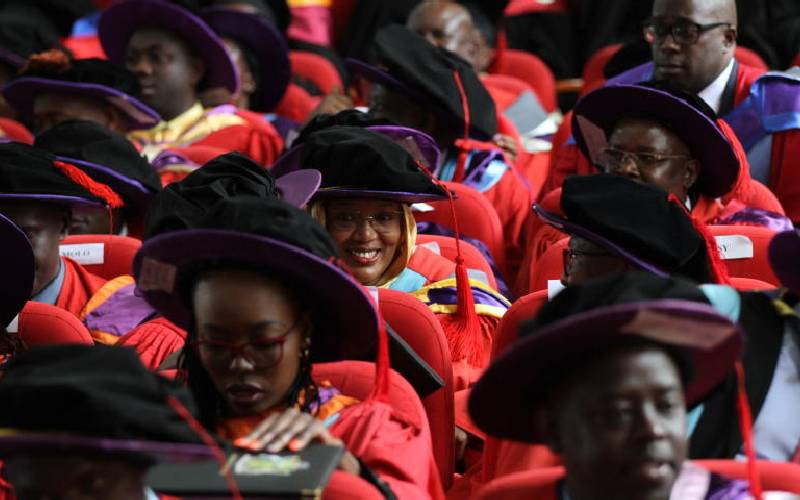
It has not been a good week for parents with students in public universities. This is after university administrators meeting in Mombasa resolved that raising fees and ensuring all arrears are paid, is the sure way out of their financial quagmire.
Other options to resuscitate the struggling institutions include increasing government funding and staff rationalisation. The public universities are currently reeling from Sh56 billion debt accruing from unpaid staff pensions and statutory deductions such as Pay As You Earn (PAYE) and the National Hospital Insurance Fund (NHIF).







